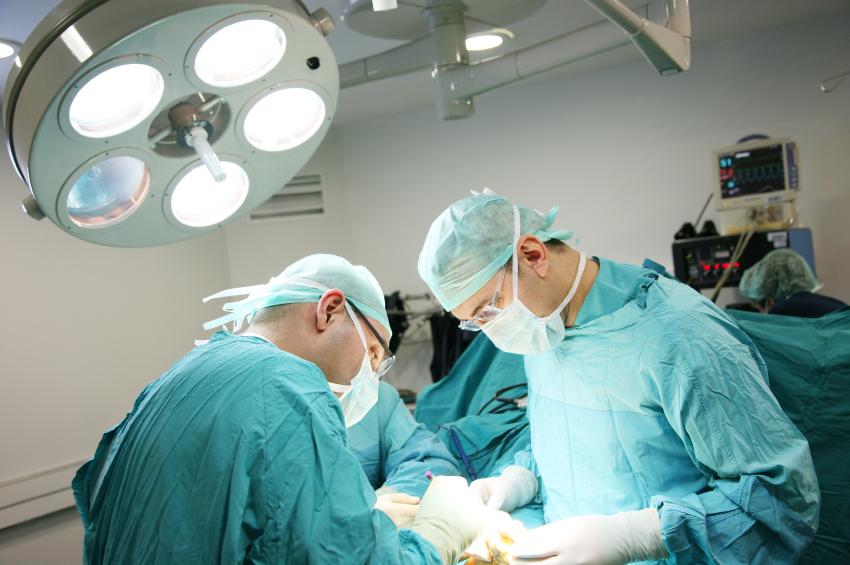The Comparative Effectiveness Research Translation Network (CERTAIN) has been approved for a $12.9 million award by the Patient-Centered Outcomes Research Institute (PCORI) to study appendectomy versus “antibiotics-first” for the treatment of uncomplicated appendicitis.
For the past 130 years, appendectomy (the surgical removal of the appendix) has been the standard treatment for appendicitis. However, recent studies from Europe have challenged the notion that surgery is the best option by showing that antibiotics alone can work to treat appendicitis. Antibiotics alone therapy has been used for decades in Navy sailors and submariners who developed appendicitis while at sea (without access to an operating room). Given the studies done in Europe, US surgeons and their patients are starting to ask, “Is it time to change our approach to treating appendicitis from offering appendectomy-first to antibiotics-first?”
To answer this important question, a CERTAIN research team (which includes patient partners) will conduct a large scale pragmatic clinical study titled “Comparison of Outcomes of Drugs and Appendectomy (CODA)” at 10 hospitals in Washington State. Patients presenting at these hospitals with uncomplicated appendicitis will be asked to participate in the study. Those who agree will be randomized to receive either laparoscopic appendectomy or a course of antibiotics (with a “rescue” option for surgery if their condition worsens). Principal Investigator Dr. David Flum will drive the study examining both clinical outcomes and the patient-reported outcomes that matter most to patients such as time off work, anxiety associated with the risk or reoccurrence, and quality of life.
The CERTAIN research team ultimately hopes this study will provide evidence to help improve appendicitis treatment and give patients evidence-based options to consider when deciding which treatment is "right" for them.
“Obviously, you can treat appendicitis with an antibiotic,” says Dr. Flum. “But from a patient’s point of view, should you?”
“This project was selected for PCORI funding not only for its scientific merit and commitment to engaging patients and other healthcare stakeholders in a major study conducted in real-world settings, but also for its potential to answer an important question about treatment for appendicitis and fill a crucial evidence gap,” said PCORI Executive Director Joe Selby, MD, MPH. “We look forward to following the study’s progress and working with CERTAIN to share its results.”
Dr. Flum’s study was selected for funding through PCORI’s Pragmatic Clinical Studies Initiative, an effort to produce results that are broadly applicable to a diverse range of patients and care situations and can be more quickly taken up in routine clinical practice.
Many clinical studies test whether a treatment works under optimized conditions in specialized research centers, but health care is rarely delivered in such idealized situations and settings. Pragmatic clinical studies test a treatment’s effectiveness in “real-life” practice situations, such as typical hospitals and outpatient clinics, and also can include a wider range of study participants, making their findings more generally applicable.
CERTAIN’s study was selected through a highly competitive review process in which patients, caregivers, and other stakeholders joined scientists to evaluate the proposals. Learn more about the CODA trial here.
Dr. Flum’s award has been approved pending completion of a business and programmatic review by PCORI staff and issuance of a formal award contract.
PCORI is an independent, nonprofit organization authorized by Congress in 2010. Its mission is to fund research that will provide patients, their caregivers, and clinicians with the evidence-based information needed to make better-informed healthcare decisions. PCORI has approved nearly $1.08 billion to support 440 research projects since it began funding research in 2012. For more information about PCORI’s funding, visit www.pcori.org.


